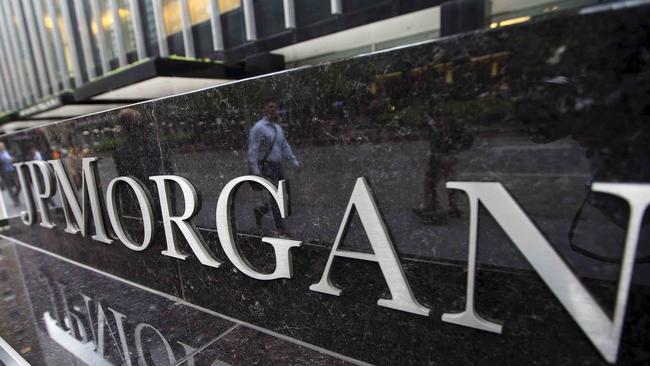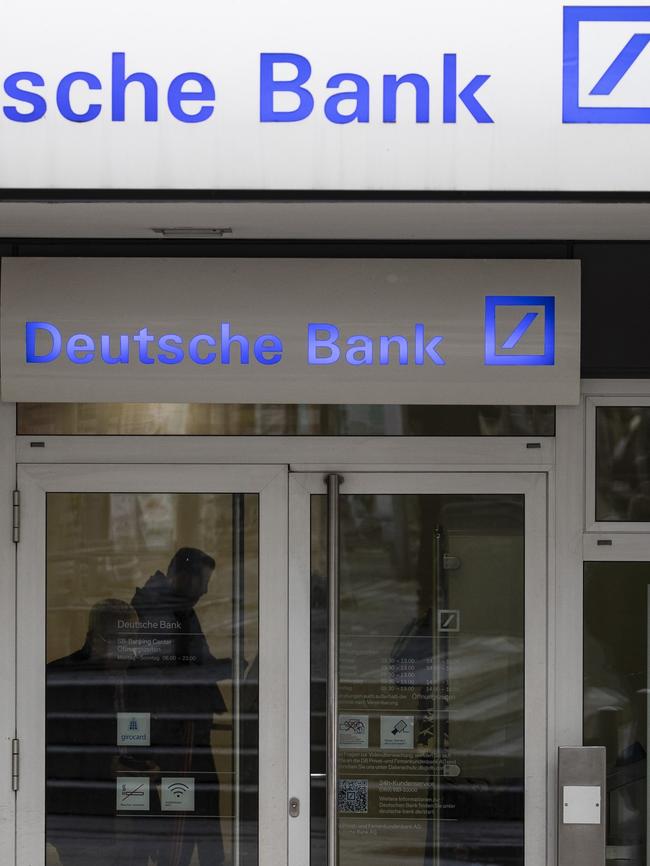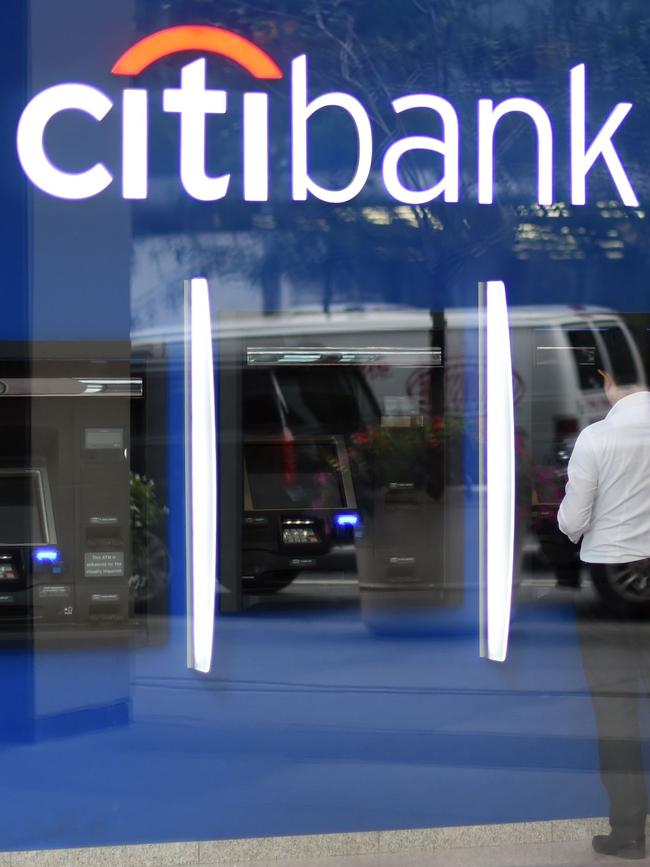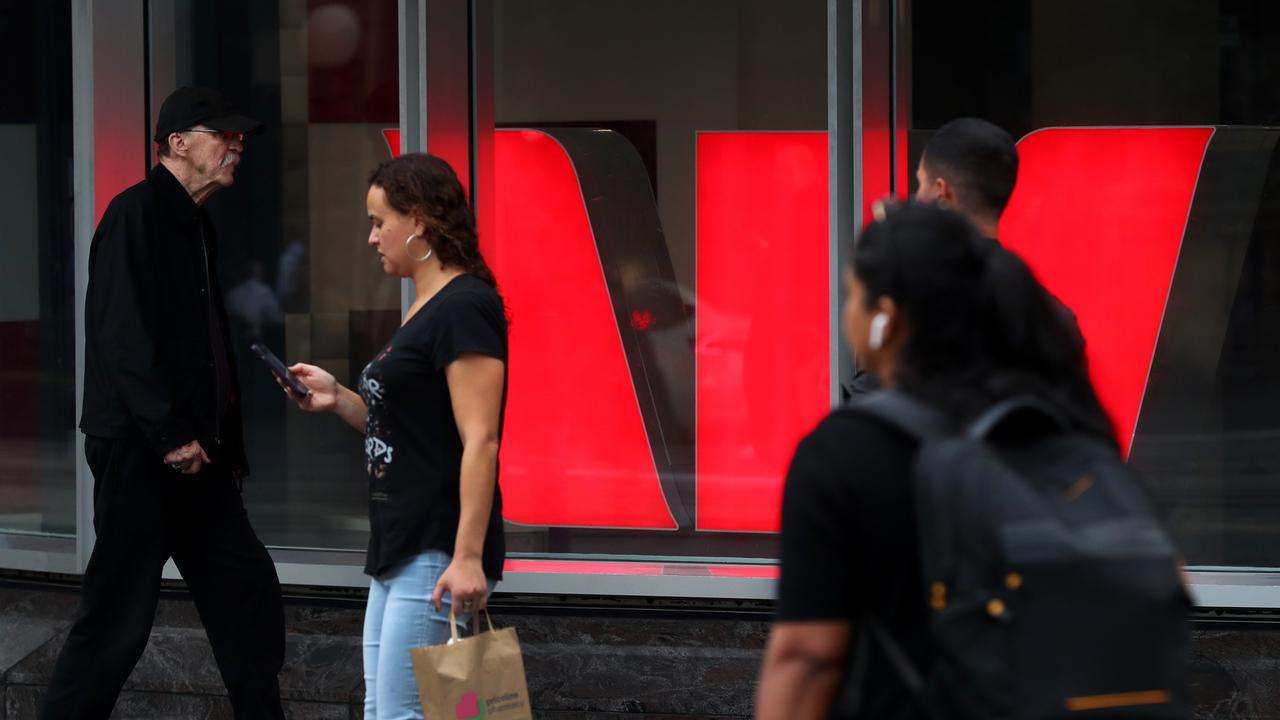Bankers to probe ACCC representatives
Investigators pushing a cartel case against bankers will now be cross examined themselves.

Australian Competition and Consumer Commission enforcement boss Marcus Bezzi and other senior regulators will be cross-examined in court over secret dealings with the corporate watchdog and immunity beneficiary JPMorgan, after the competition regulator lost a key battle in its landmark criminal cartel case against ANZ, Citi and Deutsche Bank.
Magistrate Megan Greenwood shot down the ACCC’s bid to prevent the bankers charged with cartel conduct from cross-examining key investigators from the regulator ahead of the trial, after the watchdog argued the move could violate legal privilege and shed too much light on its internal procedures for dealing with complex investigations.
READ MORE: JPMorgan’s James Dimon raises spectre of zero rates | Investment banks in firing line as forex cartel class action looms
Five days of hearings have now been scheduled in the Downing Centre Local Court from December 5 for a cross examination of Mr Bezzi, the ACCC’s executive general manager of specialised enforcement and advocacy, and three other regulators: head of financial services competition Leah Won, general manager of intelligence Jane Lin, and enforcement director Michael Taylor.
Reflecting arguments put forward by counsel acting for the investment bankers, topics the ACCC representatives will be quizzed on have been restricted to procedural matters aimed at examining the carriage of justice, including how the regulator questioned and dealt with JPMorgan witnesses, dealings between the ACCC and the Australian Securities and Investments Commission, and certain telephone recordings which are alleged to have been recorded improperly.

In an explosive suit launched last year, the ACCC charged with cartel conduct six of the country’s most high profile bankers: Bank of America Merrill Lynch head of capital markets Michael Richardson, ANZ’s chief risk officer for the Australian division Rick Moscati and former Deutsche Bank chief executive Michael Ormaechea, along with Citigroup’s head of capital markets, John McLean, Citigroup’s global head of foreign exchange trading, Itay Tuchman, and former Citigroup Australia chief executive Stephen Roberts.
The ACCC alleged the individuals and the banks, Citigroup, Deutsche Bank and ANZ, acted as a cartel when they were faced with a shortfall in demand for ANZ’s $2.5bn share placement to big fund managers in August 2015.
Each has denied the allegations.
While Citigroup, Deutsche and JPMorgan were acting as joint-lead managers on the raising, JPMorgan was granted immunity from the legal action for its co-operation in the investigation. Two JPMorgan bankers, Richard Galvin and Jeffrey Herbert-Smith, were also granted immunity.
The cartel allegations relate to how the banks then attempted to offload the unsold shares, worth about $800m, to investors.

Criminal cartel conduct charges carry a maximum penalty of 10 years in prison for an individual and, for the company, a fine of three times the profit made, or 10 per cent of the firm’s revenue.
The court had been considering arguments put forward by Deutsche’s legal team, who said the immunity deal had compromised the witness statement taken from JPMorgan bankers, while counsel acting for Citi questioned the way the witness statements from Mr Galvin and Mr Herbert-Smith were collected, which could have been contaminated as they were shown notes made by others when recounting a series of phone calls over the weekend from Friday August 7 to Monday August 10, 2015.
Only the calls on Saturday were recorded, while details of the calls on Friday and Monday have been pieced together through recollection.
Magistrate Greenwood noted there was conjecture as to whether the witnesses had “crystal clear” memories of the calls and noted that witness statements were taken between 15 and 18 months after the event.
While the magistrate said the details of the Saturday phone calls “speak for themselves”, the defendants are keen to test the admissibility of the recordings, which were allegedly made in secret. However, that legal minefield will have to wait for trial.
A deal struck between the ACCC and the investment banks will see the key JPMorgan witnesses, Mr Galvin and Mr Herbert-Smith, put on the stand to be cross examined. Their former colleagues Oliver Bainbridge and Mark Dewar, who also spoke to the ACCC, will also be cross-examined.
While the ACCC was first to announce an action over the alleged cartel conduct, ASIC has launched a civil legal action against ANZ over its alleged failure to inform the market of the institutional raising shortfall.
ANZ will defend these allegations and said it is not aware of a precedent for a listed entity to disclose the take-up of shares by underwriters in an equity placement. In ASIC’s case, it is alleging ANZ should have advised the market that the joint lead managers took up approximately 25.5 million shares of the placement.
The ACCC and ASIC had been discussing their respective cases before launching them, the court heard on Friday. Magistrate Greenwood noted an ACCC officer attended an ASIC enforcement meeting at which a decision was made to pursue the case. There are laws regulating how and what information that has been procured from companies under compulsion can be shared between other regulators in Australia.
“The only matters in disputes are ones of legal construction,” Magistrate Greenwood said.




To join the conversation, please log in. Don't have an account? Register
Join the conversation, you are commenting as Logout